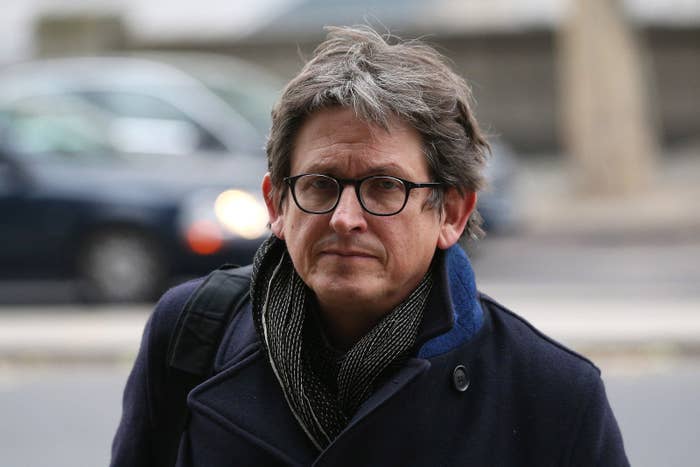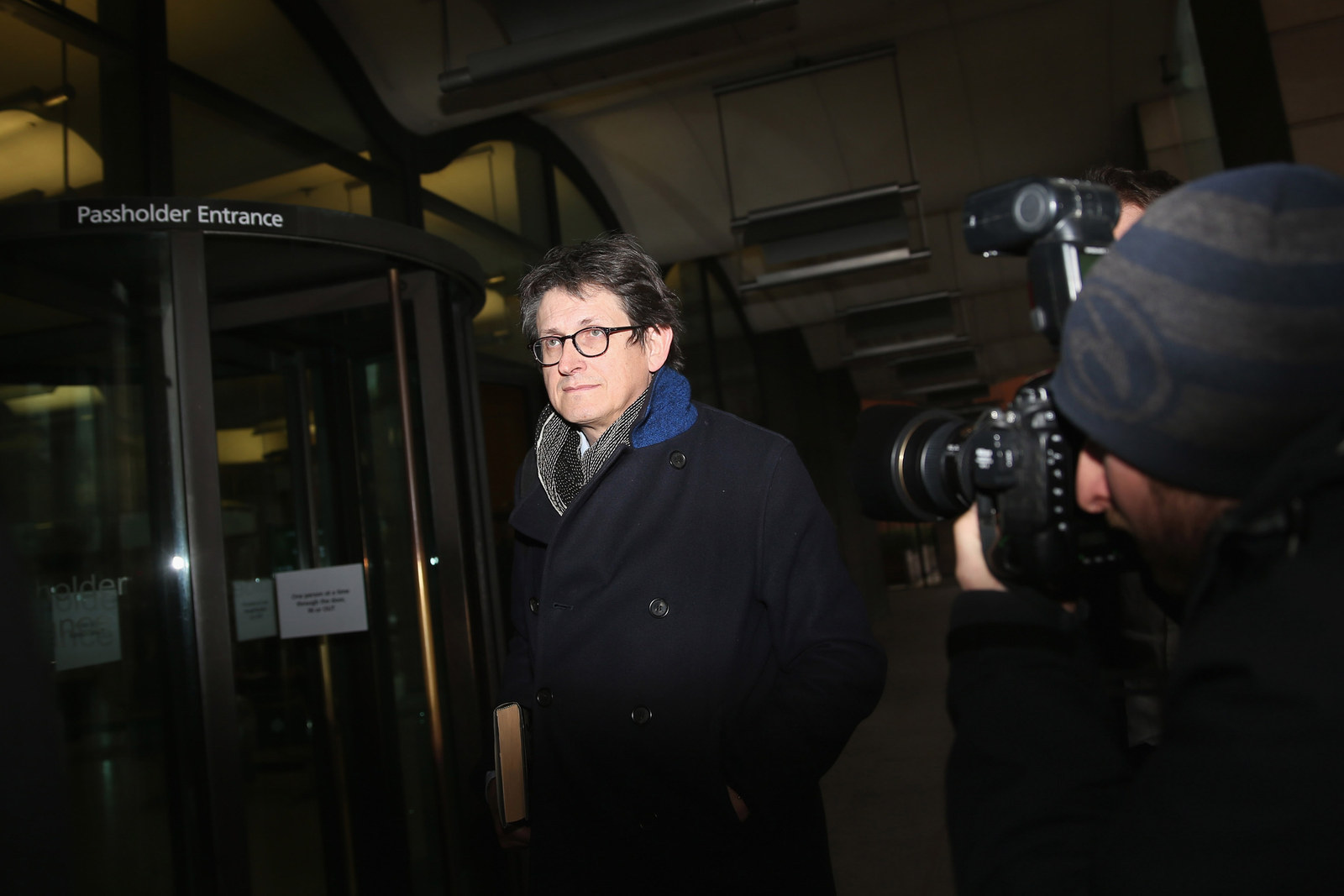
Alan Rusbridger, the former editor of The Guardian, will not take up the position of chair of the the paper’s owner, the Scott Trust, it has been announced.
Rusbridger stepped down as editor-in-chief of The Guardian in 2015 after 20 years at the helm, and was due to become the trust’s chair in September.
But in recent weeks there has been a public campaign against him as anonymous Guardian staffers told rival papers he was to blame for the media organisation’s current financial crisis. Guardian Media Group is expected to announce operating losses of more than £50 million for the year to March.
In an email to Guardian staff – which you can read in full below – today announcing the news, Rusbridger said: "On my appointment to the Scott Trust job in November 2014 the chair of [Guardian Media Group], Neil Berkett, was kind enough to say publicly: 'Alan has set the standard for journalistic leadership in the digital age. His appointment to lead The Scott Trust coincides with rapidly rising readership, continued innovation and secure finances at the Guardian. His successor will inherit a global media organisation in very strong health and with clear prospects for further growth.'
"The difference between that assessment and the way things look now is a measure of how much the world has changed."
sad news, but all good wishes to my former colleagues... https://t.co/h0CDLfs14S
His successor as editor, Kath Viner, has announced 250 job losses and scrapped plans for an events space in King’s Cross since she took over.
As well as expanding rapidly during his time as editor – the Guardian website has more average daily browsers than any other UK newspaper website, apart from Mail Online – the paper exposed the phone hacking scandal, collaborated with WikiLeaks in publishing classified US military material released by Chelsea Manning, and won the Pulitzer Prize for public service for its coverage of the US National Security Agency surveillance programmes, as revealed by Edward Snowden.

In a statement, the Scott Trust said it had "reluctantly" accepted Rusbridger's decision not to take up the post in September, and also resign as a trustee.
Liz Forgan, who remains as the Scott Trust chair, said Rusbridger had made an "immeasurable" contribution to the Guardian in his 20 years as editor-in-chief.
"He has been the creative leader of this place and an inspiration to generations of journalists. His decision reflects his enormous integrity and his dedication to the Guardian," she said.
As member of the Scott Trust, I want to express deep sadness that I won't be serving w/@arusbridger whom I revere. https://t.co/JOx1dMAceI
In a statement from Rusbridger released by the Scott Trust, the 62-year-old added: "The Scott Trust plays a crucial role in nurturing and protecting Guardian and Observer journalism. The economic climate facing all newspapers has changed drastically in the last 12 months. It's obvious that new business models will have to be created and I can understand why a new team would want a new chair. I send my former colleagues every possible good wish for the future."
In an email to Guardian staff on Friday afternoon, Viner said: "Alan has been a truly towering figure at the Guardian over the last three decades; as editor-in-chief from 1995-2015 he transformed the Guardian from a British newspaper into a global digital force, and oversaw some of the biggest scoops of the period, bravely holding the powerful to account. We all owe him a huge debt of gratitude. I would like to thank Alan for everything he has done for the Guardian, and for us all, over many years.
"In his email to staff, Alan recognised how much has changed in the year since he stepped down as editor, and that it is right that we all plot a new route to the future. We face a formidable challenge over the coming months in a digital environment that is shifting all the time: we need to deliver a new strategy and cut costs while maintaining our exceptionally high standard of journalism. I am confident that with your continued support and dedication to the Guardian, we will be successful."Read Rusbridger's email to Guardian staff in full:
Dear former colleagues
I wanted to let you know I will not be returning to Chair the Scott Trust later this year.
Many of you will know what the Scott Trust has meant to me and for Guardian journalism. It is so unique that not many people – externally, or, sometimes, even internally – truly appreciate the crucial role it has had over many years in nurturing, resourcing and protecting what we do.
When, in late 2014, the Scott Trust appointed me to succeed Liz as chair I was beyond honoured. But much has changed in the year since I stepped down. All newspapers – and many media organisations beyond – have been battered by turbulent and economic forces that were difficult to foresee last summer.
On my appointment to the Scott Trust job in November 2014 the Chair of GMG, Neil Berkett, was kind enough to say publicly : “Alan has set the standard for journalistic leadership in the digital age. His appointment to lead The Scott Trust coincides with rapidly rising readership, continued innovation and secure finances at the Guardian. His successor will inherit a global media organisation in very strong health and with clear prospects for further growth.”
The difference between that assessment and the way things look now is a measure of how much the world has changed.
I have been on the Trust long enough to understand its role. We all currently do our journalism in the teeth of a force 12 digital hurricane. It is surely obvious to anyone that changed circumstances will demand dramatically changed solutions.
Kath and David [Guardian Media Group CEO David Pemsel] clearly believe they would like to plot a route into the future with a new chair and I understand their reasoning. I have a fantastically interesting new life in Oxford. I will miss you all.
You have been the most wonderful colleagues and we achieved really amazing things together. I continue to read with immense admiration the journalism the Guardian and Observer produce. It’s all the more enjoyable for having played no part in it.
Thanks to all of you who have quietly emailed support in the past few weeks. And very best wishes to all as you negotiate the storms currently affecting pretty much everyone in our industry. We will come through….
Alan
